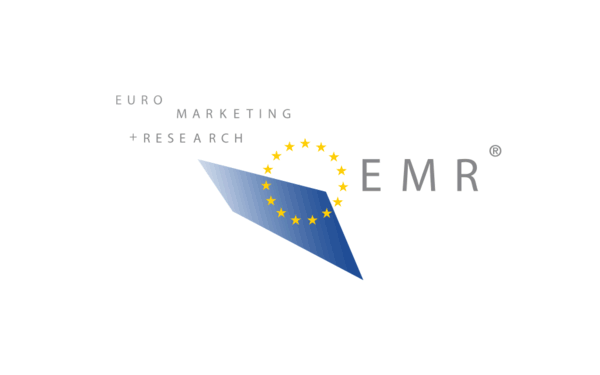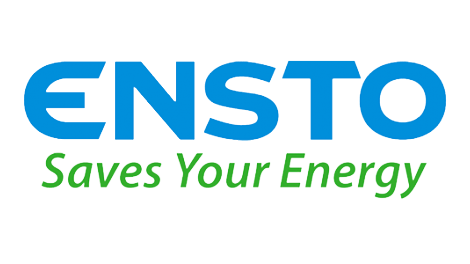Ensto – Ensto’s Sustainability Report 2022 now published
 Sustainability is a key pillar of our strategy, and at Ensto we see it as a critical success factor in both the short and the long term.
Sustainability is a key pillar of our strategy, and at Ensto we see it as a critical success factor in both the short and the long term.
As part of our Finnish family company heritage, sustainability and ethical business conduct are embedded in our DNA. In addition, a new level of ambition has also emerged in terms of leading the company in a responsible way and in creating a positive handprint in society.
At Ensto, strategic sustainability has reached a new level the recent years, since new strategic themes were published in 2021 – in which sustainability acts a key pilar. In 2022, Ensto’s sustainability program was updated, and three themes were created: diversity and inclusion as a new social theme, circular economy to broaden our environmental work, and compliance to set light on the big transformation in the legal front.
In 2022, targets derived from Ensto’s group-wide sustainability program were set to all key functions and locations for the first time. The action plans for each focus area were systematically executed, and progress was followed up on. By doing this for the first time we learned plenty and can develop the process further. In addition, many sustainability-related training courses were arranged for Ensto’s employees and suppliers to help build further competences.
At Ensto, we see the value of sustainability in the long run, and our strong family roots and values form a good basis for contributing to a more sustainable society. Our strategy highlights that growth needs to be sustainable. How we are doing it and how we are moving toward a more sustainable tomorrow is all gathered to our Sustainability report 2022. In the report, you can find for example information on our performance, development projects, country highlights, and stakeholder cases.
We hope you enjoy reading this report and wish that you will follow our sustainability progress in the future too. Let’s continue to strive for our common purpose: making life better with electricity. Sustainably.
Source
ENSTO
EMR Analysis
More information on Ensto: See the full profile on EMR Executive Services
More information on Marjo Miettinen (Chair of the Board of Directors, Ensto): See the full profile on EMR Executive services
More information on D.Sc. (Tech) Markku Moilanen (President and CEO Ensto Group + President and CEO of Ensto DSO Business (belonging to Ensto Oy) as from 01.06.2023): See the full profile on EMR Executive Services
More information on Ensto Sustainability Strategy: See the full profile on EMR Executive Services
More information on Kirsi-Marja Ura (SVP, HR, Brand & Communications, Sustainability, Ensto): See the full profile on EMR Executive services
EMR Additional Notes:
- DEI (Diversity, Equity and Inclusion):
- https://dei.extension.org/ + Diversity is the presence of differences that may include race, gender, religion, sexual orientation, ethnicity, nationality, socioeconomic status, language, (dis)ability, age, religious commitment, or political perspective.
- Equity is promoting justice, impartiality and fairness within the procedures, processes, and distribution of resources by institutions or systems.
- Inclusion is an outcome to ensure those that are diverse actually feel and/or are welcomed. Inclusion outcomes are met when you, your institution, and your program are truly inviting to all.
- https://dei.extension.org/ + Diversity is the presence of differences that may include race, gender, religion, sexual orientation, ethnicity, nationality, socioeconomic status, language, (dis)ability, age, religious commitment, or political perspective.
- Circular Economy:
- A circular economy is a systemic approach to economic development designed to benefit businesses, society, and the environment. In contrast to the ‘take-make-waste’ linear model, a circular economy is regenerative by design and aims to gradually decouple growth from the consumption of finite resources.
- In such an economy, all forms of waste, such as clothes, scrap metal and obsolete electronics, are returned to the economy or used more efficiently.
- Sustainability Vs. Circular Economy:
- Circularity focuses on resource cycles, while sustainability is more broadly related to people, the planet and the economy. Circularity and sustainability stand in a long tradition of related visions, models and theories.
- A sustainable circular economy involves designing and promoting products that last and that can be reused, repaired and remanufactured. This retains the functional value of products, rather than just recovering the energy or materials they contain and continuously making products anew.

